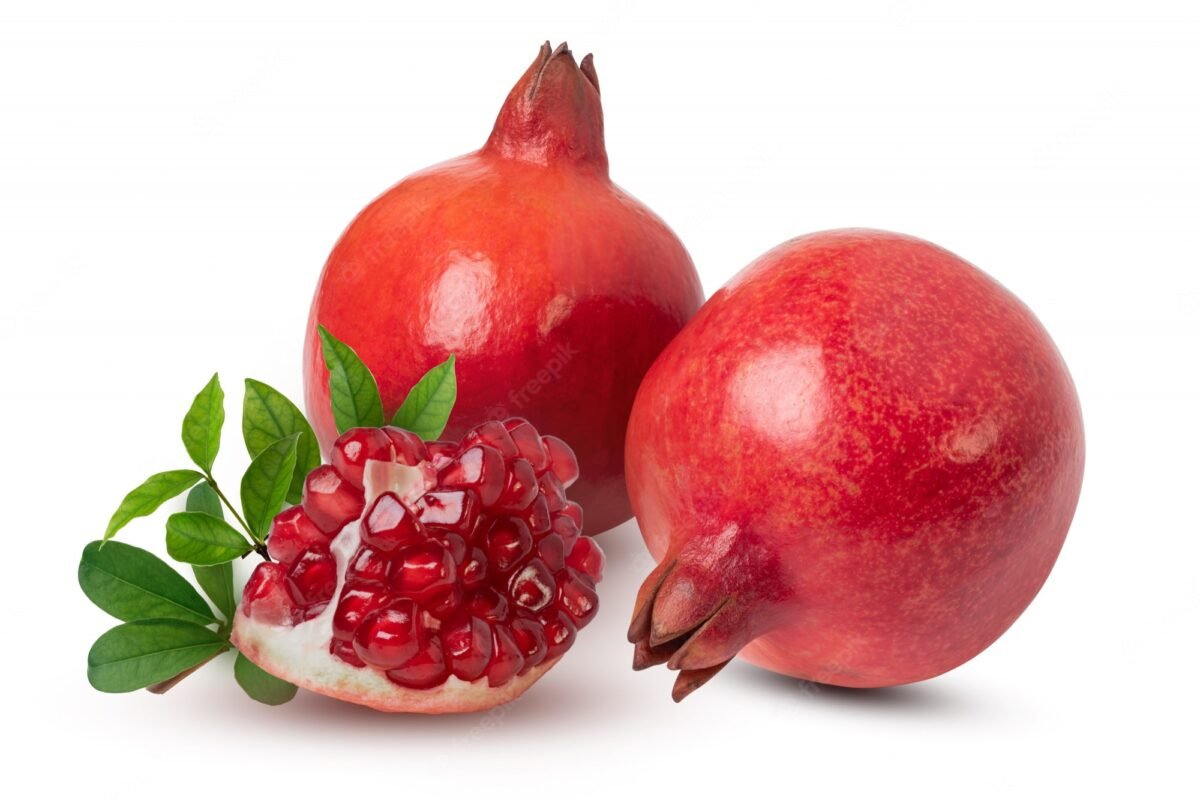National Research Centre on Pomegranate and Bayer Crop Sciences sign MoU for research collaboration
With the support of Bayer, ICAR-NRCP will develop the model orchard for technology demonstrations and also will formulate and evaluate the IDIPM protection schedule with European Union
Bayer Crop Sciences Limited and ICAR-National Research Centre on Pomegranate, Solapur signed a Memorandum of Understanding (MoU) To strengthen the public-private partnership
The main objective of the research collaboration is to develop the Integrated Pest & Disease management schedule (IDIPM) for export-quality pomegranate production and to establish a model pomegranate orchard at NRCP Solapur.
Dr Rajiv Marathe, Director, ICAR-NRCP, Solapur, and Yogesh Mohite, Crop Lead Horticulture, and plantation crops IBSL, Bayer Crop Sciences Ltd. India signed the MoU on behalf of their respective organisations.
Dr Marathe highlighted the production, protection, and processing technologies developed by ICAR-NRCP for pomegranate farmers. He further added the importance of the MoU to strengthen the public-private partnership for cash crops like pomegranate and its use for pomegranate farmers willing to export to the European market.
According to the MoU, with the support of Bayer, ICAR-NRCP will develop the model orchard for technology demonstrations and also will formulate and evaluate the IDIPM protection schedule with European Union (EU) Maximum Residue Level (MRL) and Pre-Harvest Interval (PHI) for export quality pomegranate production. This schedule will take into account of set guidelines of MRL and PHI of the European Union for pomegranate export intended for the European market and the USA.
The IDIPM schedule will be evaluated for 2 seasons at the NRCP orchard and 4 farmer’s fields from 3rd year onwards. This project also includes capacity-building activities of farmers and officials as per the requirement.
With the support of Bayer, ICAR-NRCP will


